Parenting is tough (coming from a non-parent), insert cannabis into the mix things get even more complex. With cannabis still being federally illegal, parents who consume are placed in a tough space when it comes to having cannabis conversations with their kids.
Adding an interesting touch to the SXSW Cannabusiness track, Leah Mauer, Co-Owner and Editorial Lead at The Weed Blog hosted a meetup called Cannabis & Parenting: Lifting the Stigma. During this seemingly therapeutic session, the crossover between cannabis and parenting was explored.
For over an hour, a group of 20 parents who love and regularly consume cannabis offered support, education, and insight on how they infuse the plant into their lives while still raising mindful, balanced and productive children.
Having The Big Conversation
Throughout the session, parents chimed in on whether or not they discuss their cannabis use with their children.
One man, a father of a 19 year-old revealed, “My daughter was 15 when she asked me if I had smoked pot before. I figured at 15 she’s already made a decision for herself and as a parent she wants me to offer my opinion.”
Knowing the right age to bring up cannabis seemed to be a hot topic amongst the group.
While some parents revealed that they wanted to be open and honest with their kids, they also wanted their children to make their own educated decisions on consuming cannabis.
The same parent then went on to referenced the dilemma the question placed him in, “If I say ‘no I don’t consume’ she’ll say ‘oh my dad is wrong I need to rebel against that.’ If I say ‘yes I do consume,’ she’ll say that I gave her permission. I told her ‘I’m not going to lie to you but this is too loaded of a question for a 15 year old.’ We discussed it a few years later. I’m 90% sure she tried it.”
It’s a Generational Thing
An enlightening portion of the session was when Mauer asked the crowd, “How many of you can identify a person in your life that you have not had a conversation surrounding Cannabis with, but you may need to?”
As hands went up, the crowd confessed that they needed to have a cannabis conversation with a parent. “My mom sees pot as the worst thing ever. Nevermind all the medical benefits it offers. She won’t even consider trying it,” a 36-year old mother of two and dispensary owner revealed.
Understanding the belief system and narrative that you were raised with could determine how you approach the topic with your own children.
A Tool for Success
When kids begin to ask about cannabis, creating a system of educational mindfulness seems to be key.
Leah, a mother of three herself shared a benchmark for responsible cannabis use she recently heard “I was at [another Cannabusiness session] and one of the panelist discussed what her doctor told her while she was in college and wanted to know if consuming cannabis is okay ‘You have to keep your grades up and you have to stay socially engaged and active with other people. If you notice any of these areas declining, you may have to find another way to treat yourself’ She went on to Harvard and became an investment banker.”
Offering these types of check-ins could be useful for not only kids, but this type of responsibility to useful to everyone who decides to consume cannabis.



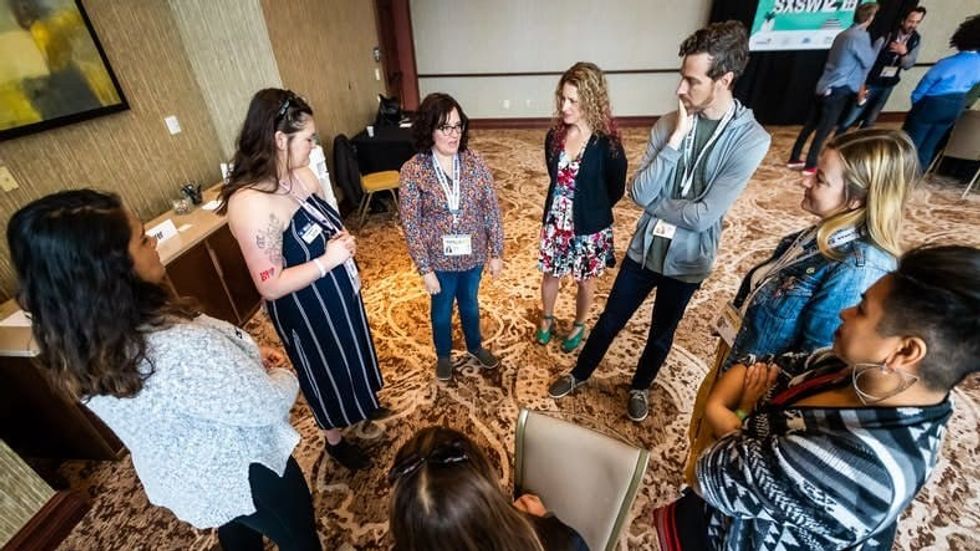






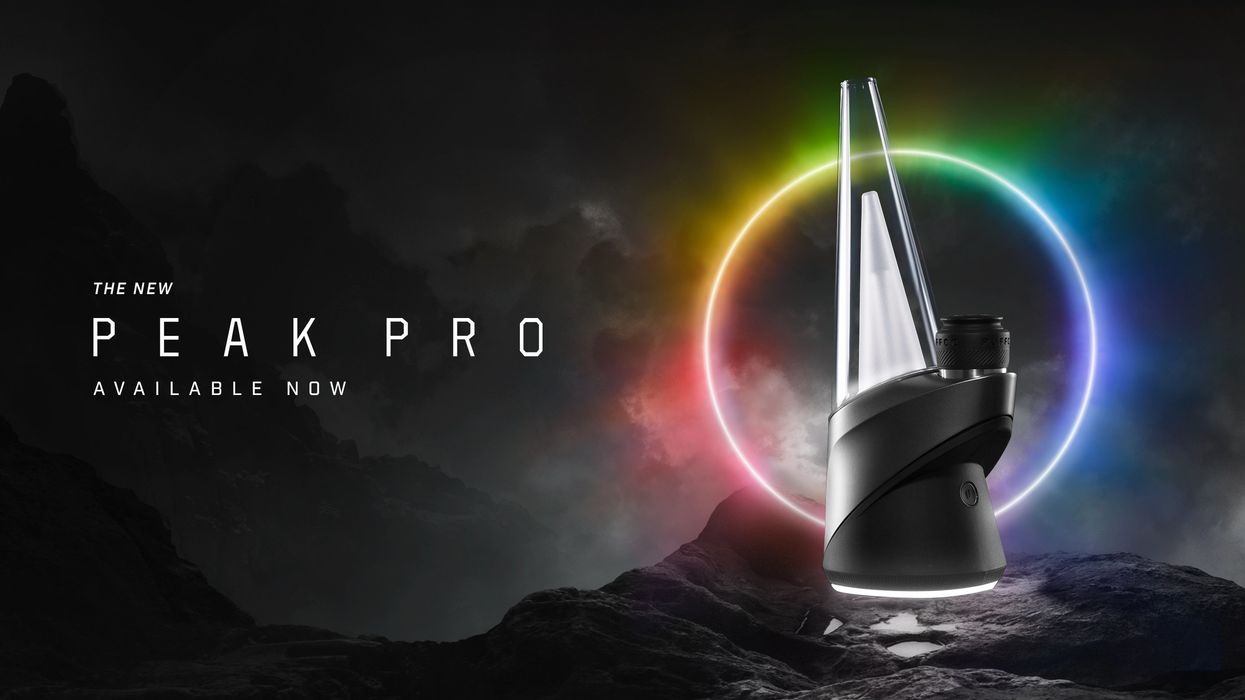




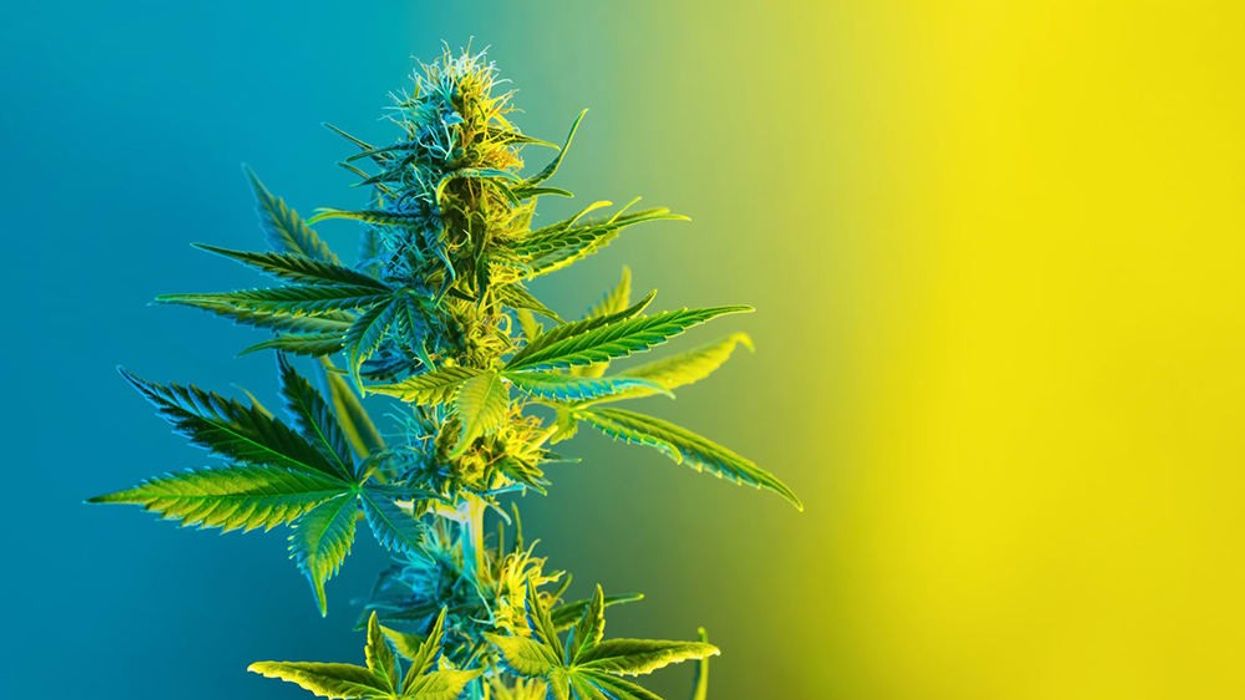
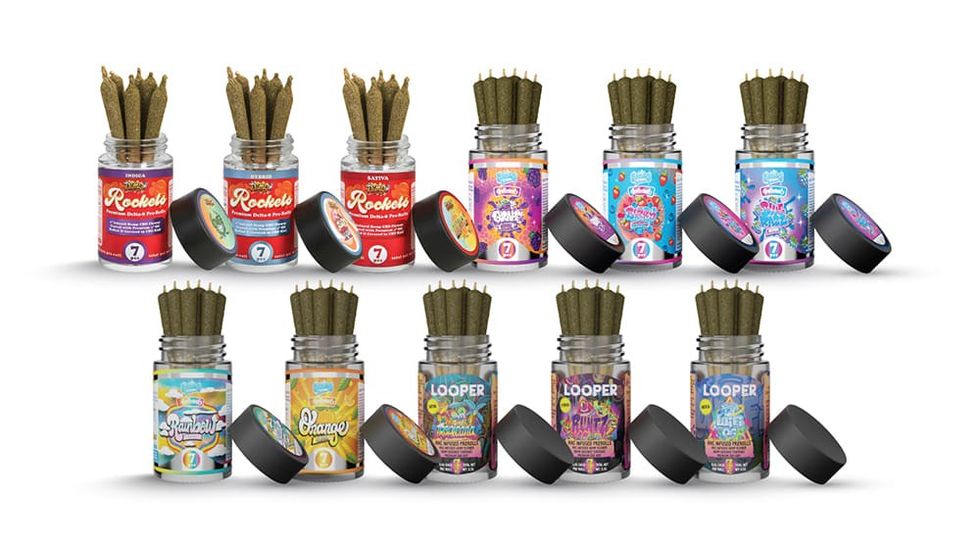
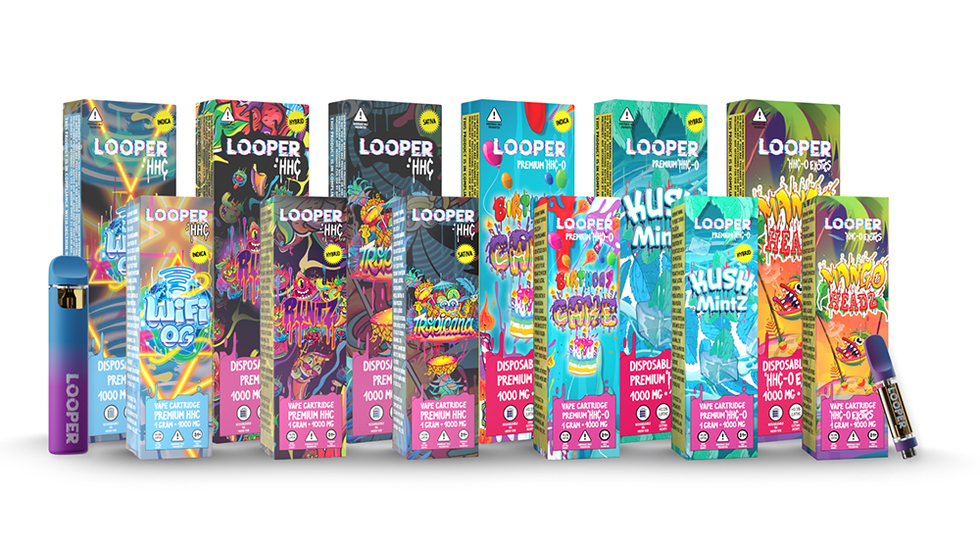
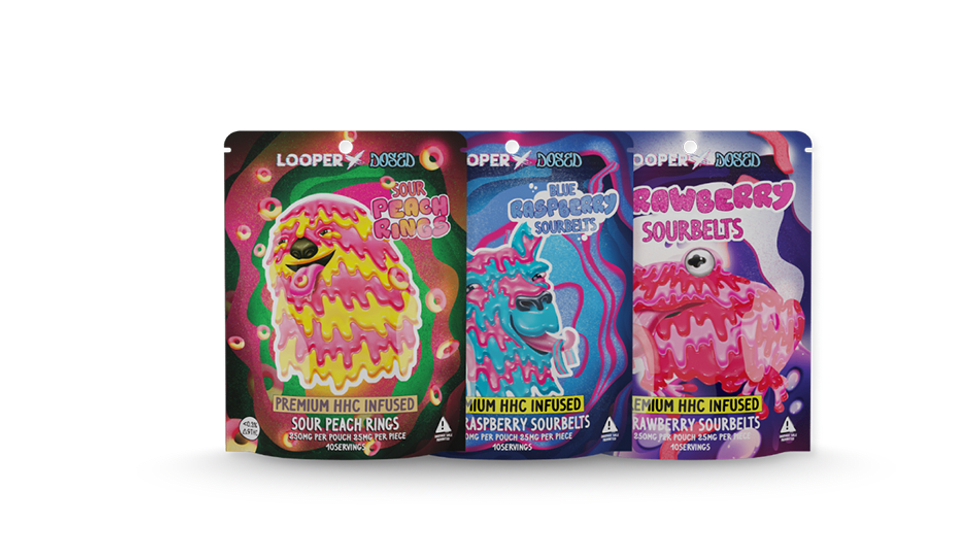

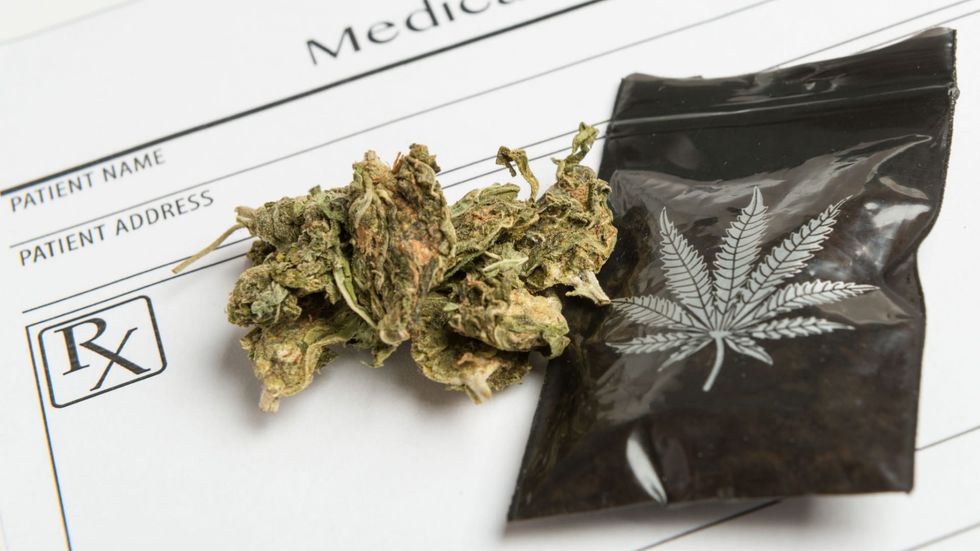
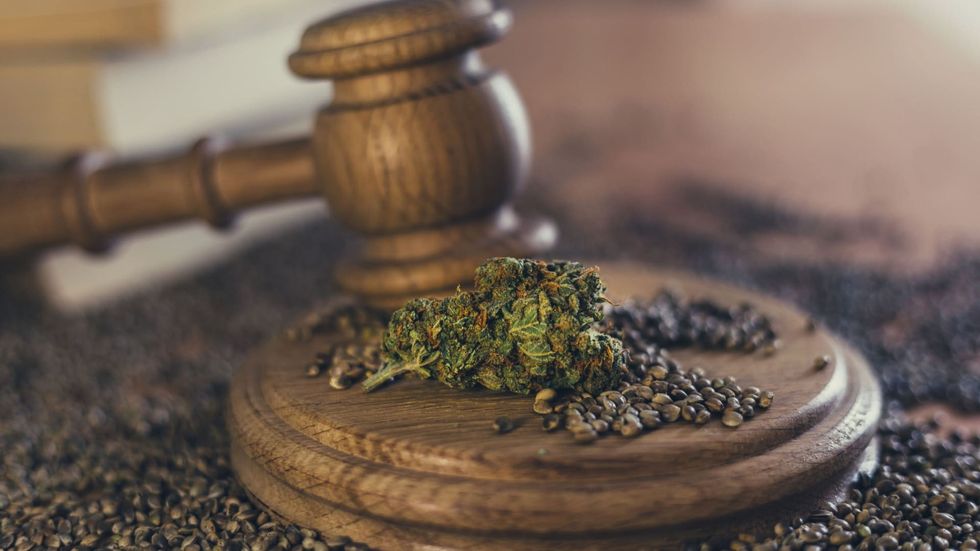
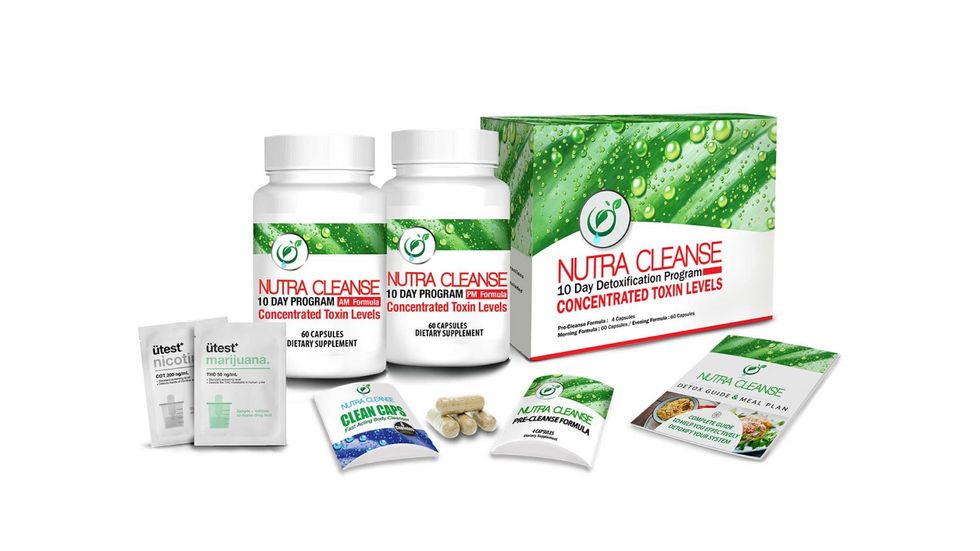
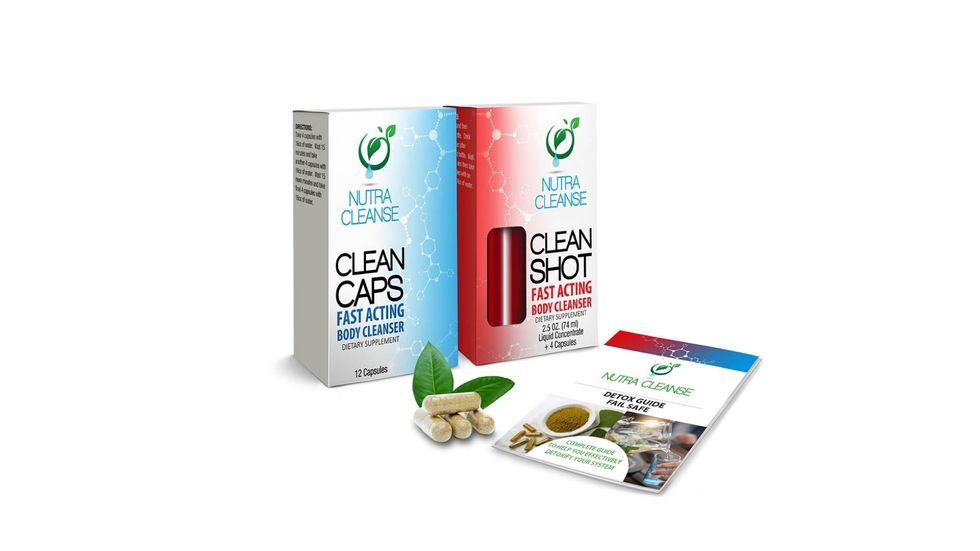
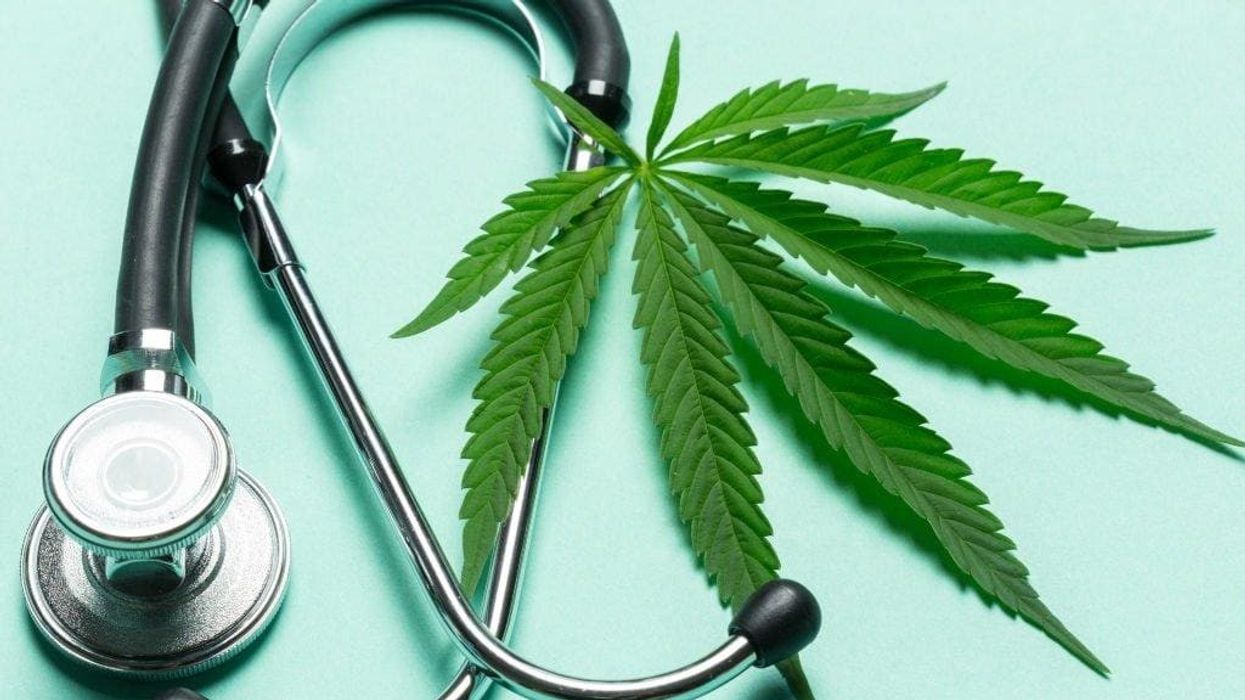
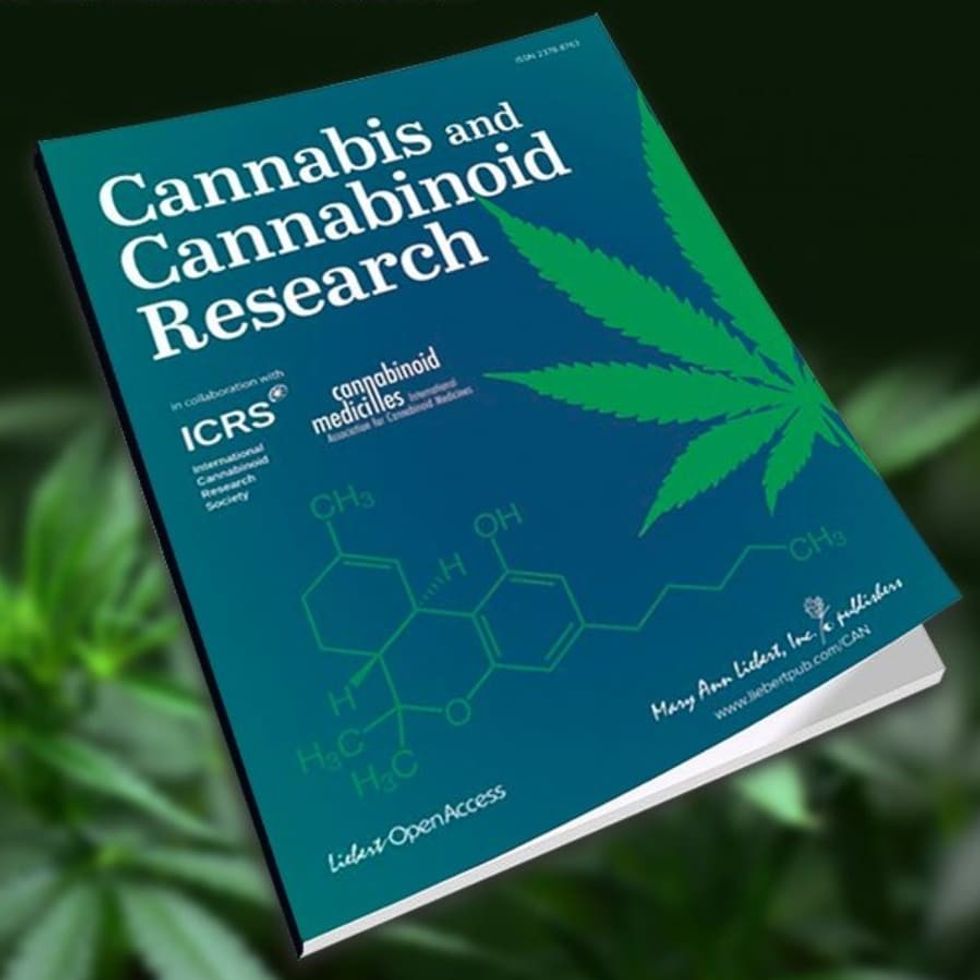

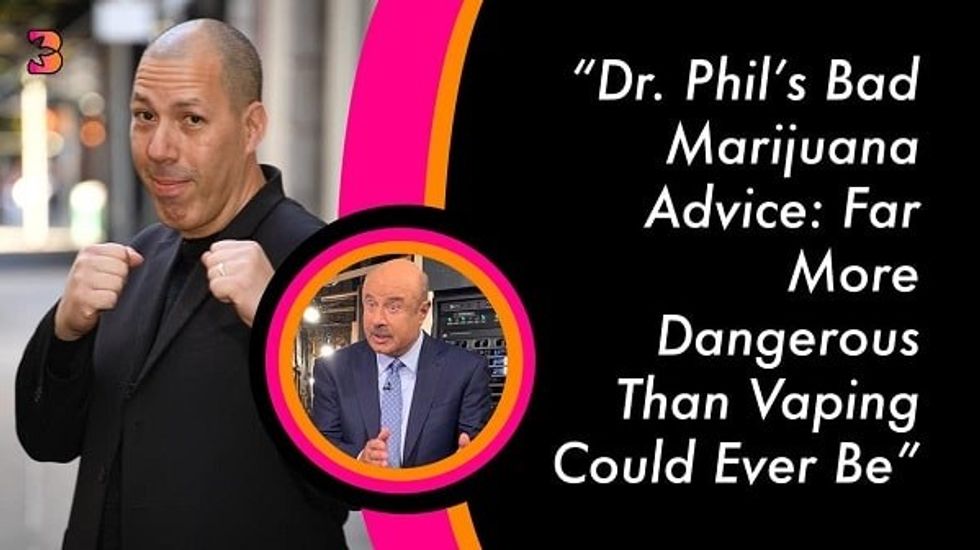
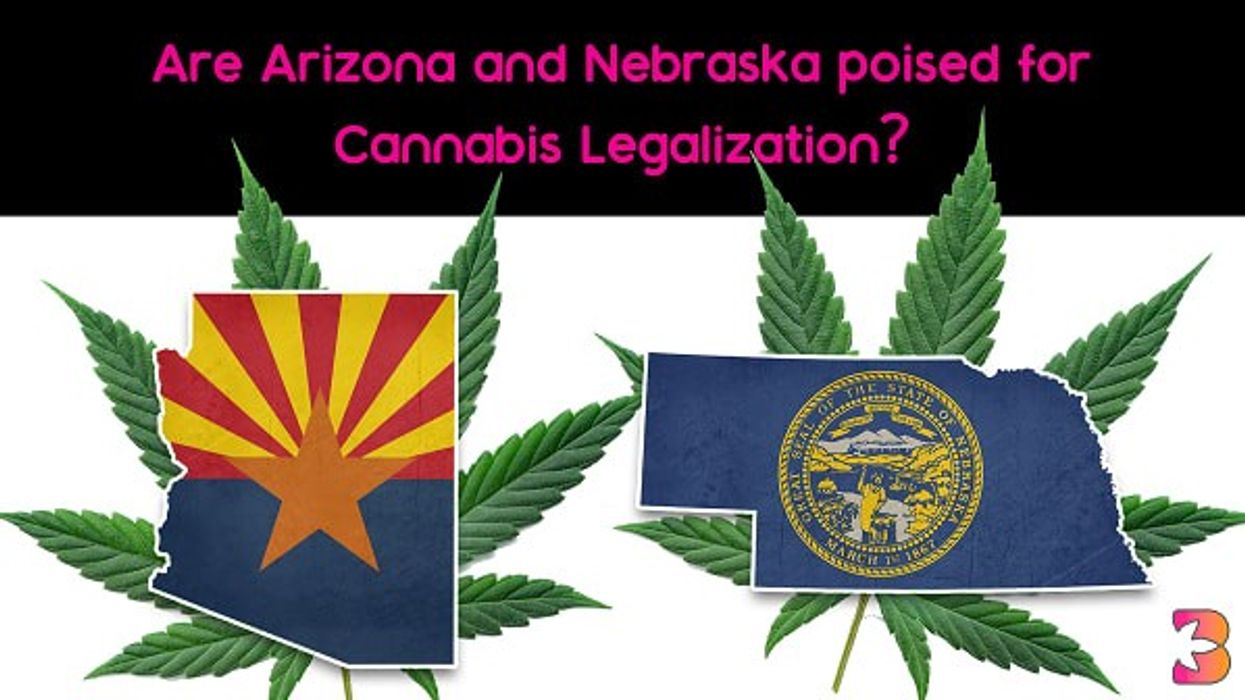
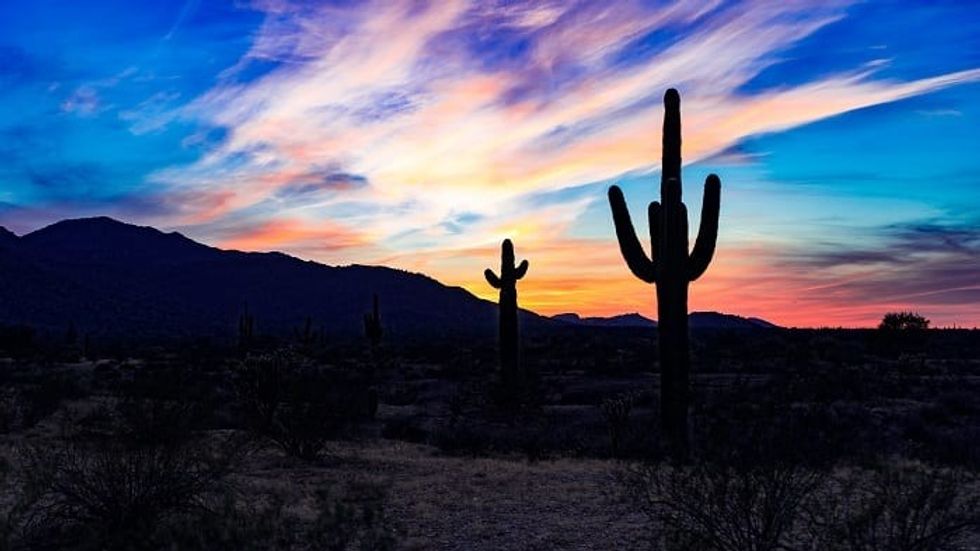 Medical marijuana has been legal in the Grand Canyon State since 2010, with the passage of the Arizona Medical Marijuana Act.Photo by Tom Gainor on Unsplash
Medical marijuana has been legal in the Grand Canyon State since 2010, with the passage of the Arizona Medical Marijuana Act.Photo by Tom Gainor on Unsplash
 Nebraskans for Medical Marijuana submitted over 182,000 voter signatures gathered from all 93 counties to the secretary of statePhoto by Rachel Beam on Unsplash
Nebraskans for Medical Marijuana submitted over 182,000 voter signatures gathered from all 93 counties to the secretary of statePhoto by Rachel Beam on Unsplash